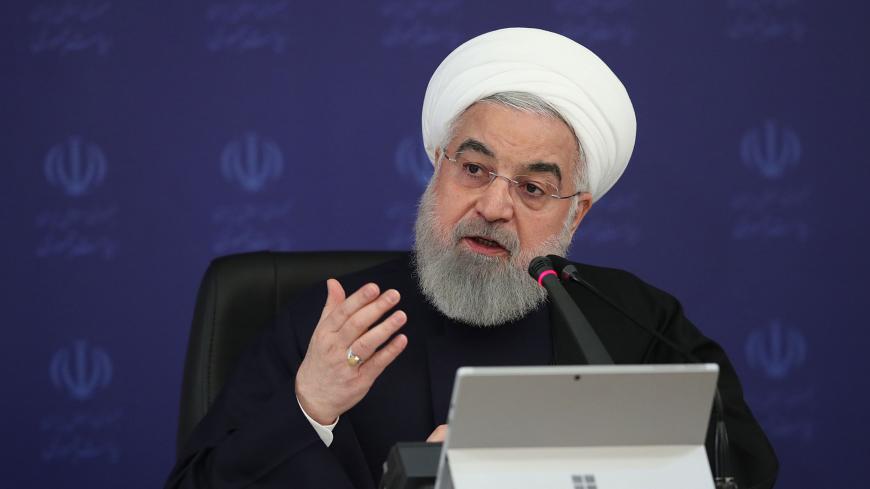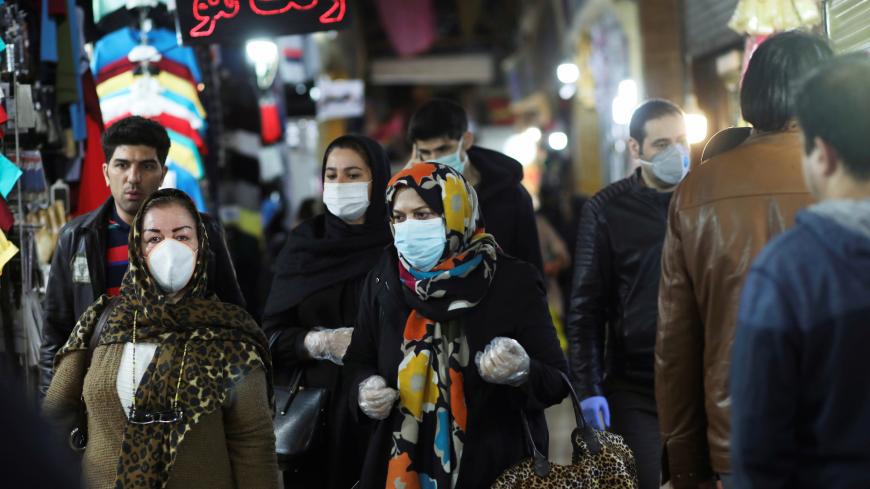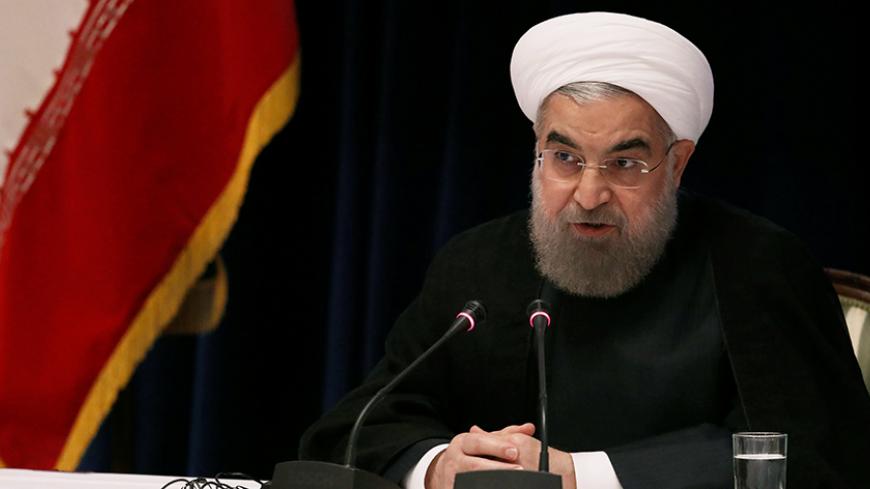Containing corruption key to Iran’s economic recovery
Iran is struggling to restart its economy in the face of COVID-19, sanctions and unchecked government misconduct, yet a recent report indicates that addressing these problems could fuel economic growth by next year.

Iran is faced with very difficult choices in its current struggle to contain the health and economic fallout from COVID-19. There’s no doubt that unemployment remains the government’s key concern, and to get people back to work, authorities are prepared to accept public health risks. In fact, to underline the dimensions of the challenge, on April 11 government spokesman Ali Rabiei stated that a long-term lockdown would leave 4 million Iranians unemployed.
That explains why some economic activities are starting up again, despite warnings that a second wave of infections could be expected.







